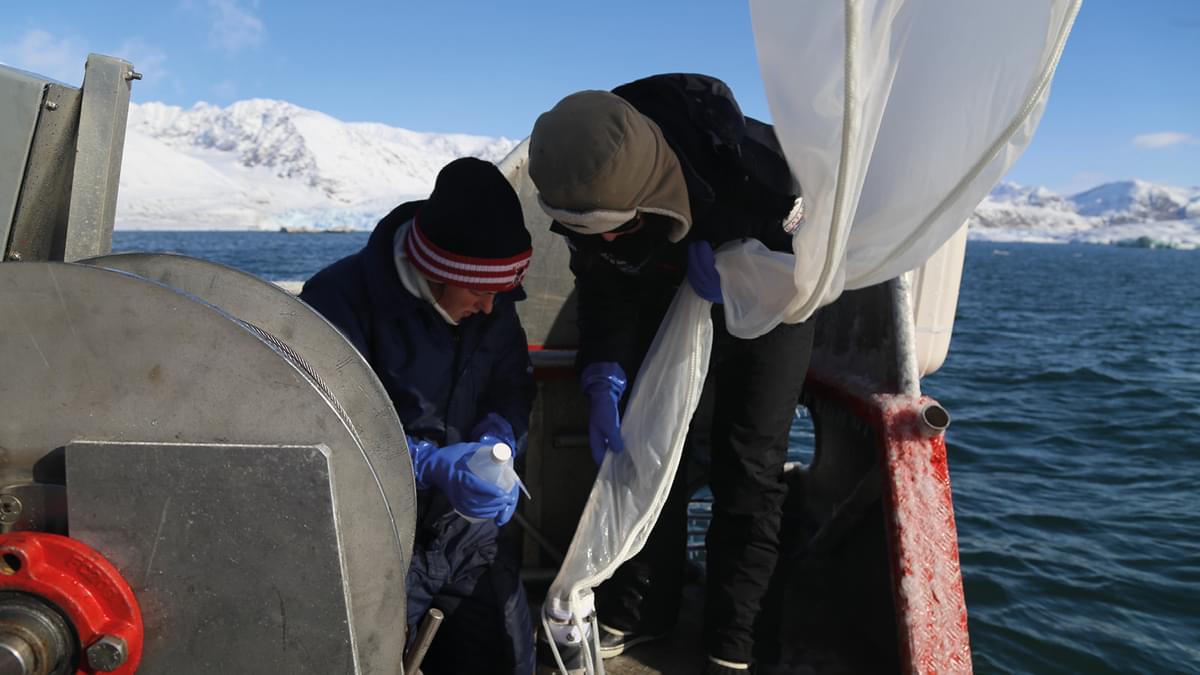
How to sample for plastics
Due to the COVID-19 (Coronavirus) outbreak, AXA Arctic Live 2020 live lessons will be delivered as a virtual event, with speakers joining from where they are, rather than from the UK's Arctic Research Station.
This live investigation broadcast is a great way of learning about how extensive the issue of microplastics is. Scientists have already identified microplastics in the Arctic, but how much is there? Students will consider how to appropriately answer this question by exploring the sampling techniques needed to conduct a fair test.
Preparation
Print Microplastics Sampling Student Sheet (or Advanced version depending on the ability of students), one per student. Both these Student Sheets can be found in the What you'll need section for this activity.
Arrange students into groups, organise all resources needed for the experiment, found here.
You will need to create trays of ice with simulated ‘microplastics’ to represent a ‘region of the Arctic’. Your students will be challenged to sample and quantify the amount of ‘microplastics’ in that ‘region of the Arctic sea ice’.
Session steps
1. Introduction (5 mins)
Jamie will open the session with a welcome and brief introduction to the expedition and any shout-outs to registered classes.
During this time students to get into their allocated groups and set up their experiments.
2. Subject knowledge (5 mins)
Jamie will then proceed to speak about the emergence of microplastics in the environment and the importance of working scientifically to better understand where these microplastics are and what impact they may have on whole ecosystems.
Jamie will focus on why coming up with an appropriate sampling strategy is important and discuss factors to consider to obtain the most accurate results.
3. Activity time (25 mins)
Students will be challenged to design their sampling strategy and think of ways to separate microplastics from ice samples, which can be thought of as impure mixtures.
Jamie will demonstrate a method to separate the ‘microplastics’ from the ice and how they will record their findings using a data table.
Jamie will discuss his findings and the importance of replicates within an experiment and replication of experiments for accuracy and peer review as well as an understanding of long-term effects on ecosystems including biomagnification of toxins in food webs.
4. Q&A and conclusion (10 mins)
After completing the activity Jamie will be able to answer pre-submitted questions and take part in the live chat. At the end of the broadcast, Jamie will suggest some other activities you might like to try and what's coming up in the rest of Arctic Live 2020.
Speakers
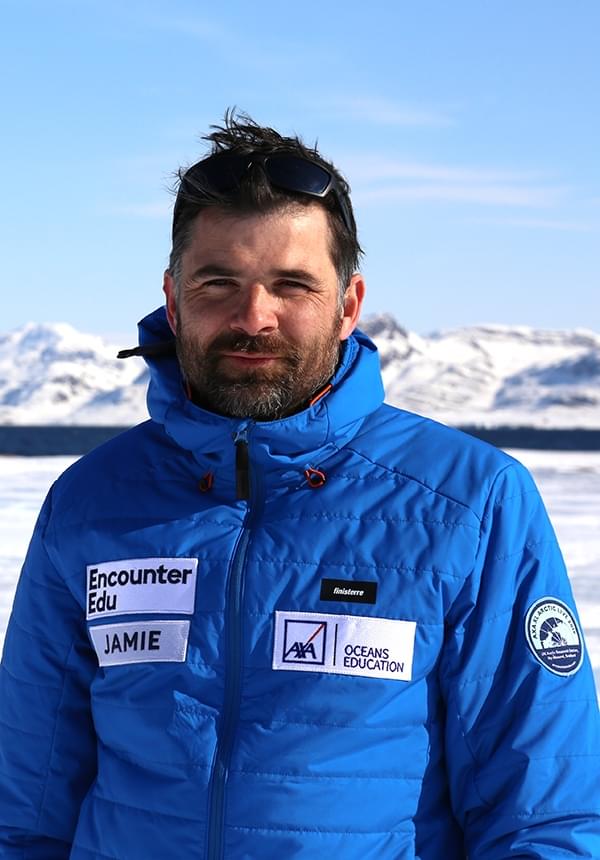
Jamie Buchanan-Dunlop
Executive Director, Encounter Edu
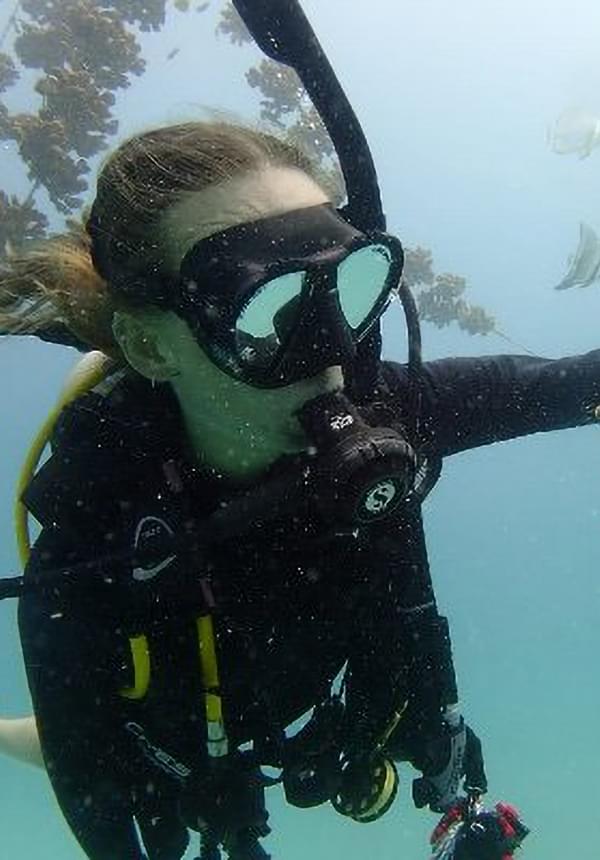
Chloe Shute
MSc Student, University of Exeter
Brought to you by

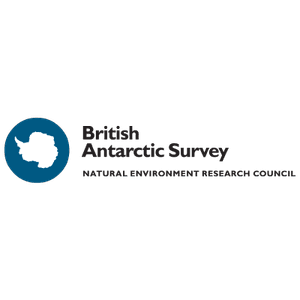
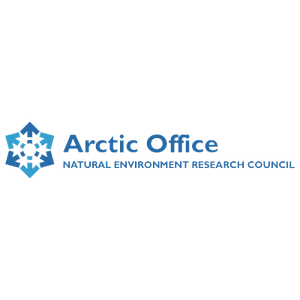
With the support of




How to sample for plastics
Due to the COVID-19 (Coronavirus) outbreak, AXA Arctic Live 2020 live lessons will be delivered as a virtual event, with speakers joining from where they are, rather than from the UK's Arctic Research Station.
This live investigation broadcast is a great way of learning about how extensive the issue of microplastics is. Scientists have already identified microplastics in the Arctic, but how much is there? Students will consider how to appropriately answer this question by exploring the sampling techniques needed to conduct a fair test.
Preparation
Print Microplastics Sampling Student Sheet (or Advanced version depending on the ability of students), one per student. Both these Student Sheets can be found in the What you'll need section for this activity.
Arrange students into groups, organise all resources needed for the experiment, found here.
You will need to create trays of ice with simulated ‘microplastics’ to represent a ‘region of the Arctic’. Your students will be challenged to sample and quantify the amount of ‘microplastics’ in that ‘region of the Arctic sea ice’.
Session steps
1. Introduction (5 mins)
Jamie will open the session with a welcome and brief introduction to the expedition and any shout-outs to registered classes.
During this time students to get into their allocated groups and set up their experiments.
2. Subject knowledge (5 mins)
Jamie will then proceed to speak about the emergence of microplastics in the environment and the importance of working scientifically to better understand where these microplastics are and what impact they may have on whole ecosystems.
Jamie will focus on why coming up with an appropriate sampling strategy is important and discuss factors to consider to obtain the most accurate results.
3. Activity time (25 mins)
Students will be challenged to design their sampling strategy and think of ways to separate microplastics from ice samples, which can be thought of as impure mixtures.
Jamie will demonstrate a method to separate the ‘microplastics’ from the ice and how they will record their findings using a data table.
Jamie will discuss his findings and the importance of replicates within an experiment and replication of experiments for accuracy and peer review as well as an understanding of long-term effects on ecosystems including biomagnification of toxins in food webs.
4. Q&A and conclusion (10 mins)
After completing the activity Jamie will be able to answer pre-submitted questions and take part in the live chat. At the end of the broadcast, Jamie will suggest some other activities you might like to try and what's coming up in the rest of Arctic Live 2020.
Speakers

Jamie Buchanan-Dunlop
Executive Director, Encounter Edu

Chloe Shute
MSc Student, University of Exeter
Brought to you by



With the support of





